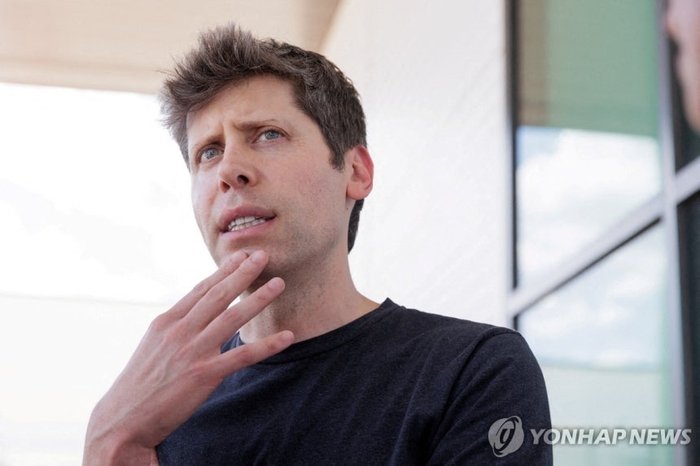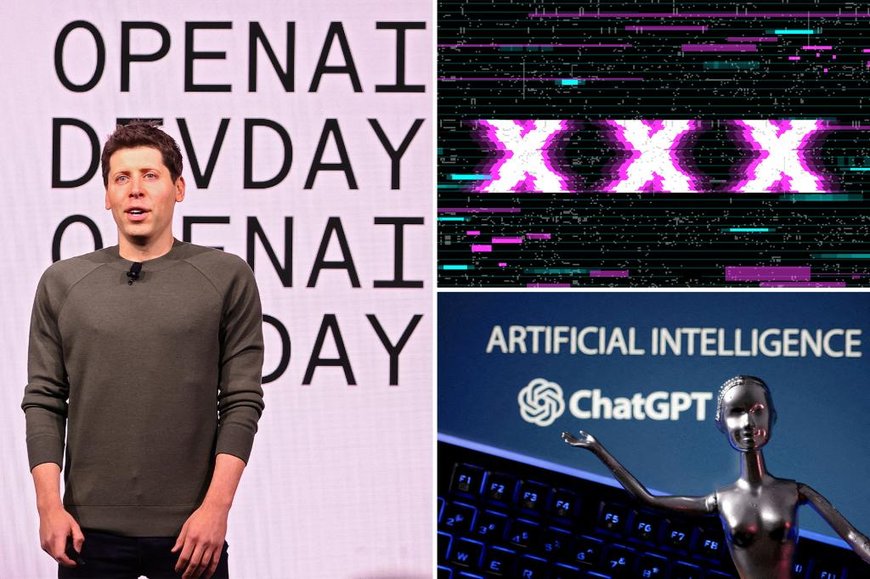
Openai'S New Chatgpt Policy: A Bold Step Or A Slippery Slope? on OnlyLikeFans

OpenAI's Bold Move
OpenAI, the innovative mind behind ChatGPT, has sparked controversy with its latest announcement: the introduction of adult content in its chatbot. The company's CEO, Sam Altman, is steering this bold initiative, defending the decision amidst a flurry of online criticism.
On October 15, Altman shared on X (formerly known as Twitter) the upcoming changes, underscoring that adults should be treated as such in digital spaces. He noted, "We received much more explosive attention than expected in the erotica part," acknowledging the heated reactions.

Standing Firm Against Criticism
Despite the backlash, Altman remains unwavering. His response to critics emphasized a clear stance: "We are not the elected moral police of the world." This declaration is rooted in the belief that, as artificial intelligence becomes more entwined with daily life, users deserve the freedom to engage with it as they see fit, within reasonable boundaries.
"As AI plays a more important role in people's lives, allowing more freedom to use AI the way they want is an important part of our mission," Altman reiterated.
While the policy invites adult interactions for verified users, Altman is clear about the limits, stating that it does not endorse any harm or address severe mental health issues lightly.
Public Reaction and Implications
This policy shift raises concerns, primarily about exposing minors to adult content and potential impacts on mental health, with critics arguing that current age verification measures are insufficient. The debate highlights the ongoing struggle to balance innovation with ethical responsibility in AI development.
Altman's reference to societal norms, like those governing R-rated movies, suggests a framework for digital content governance. However, the open-ended nature of AI interactions adds complexity to this analogy, leaving many questioning how new boundaries will be effectively enforced.















